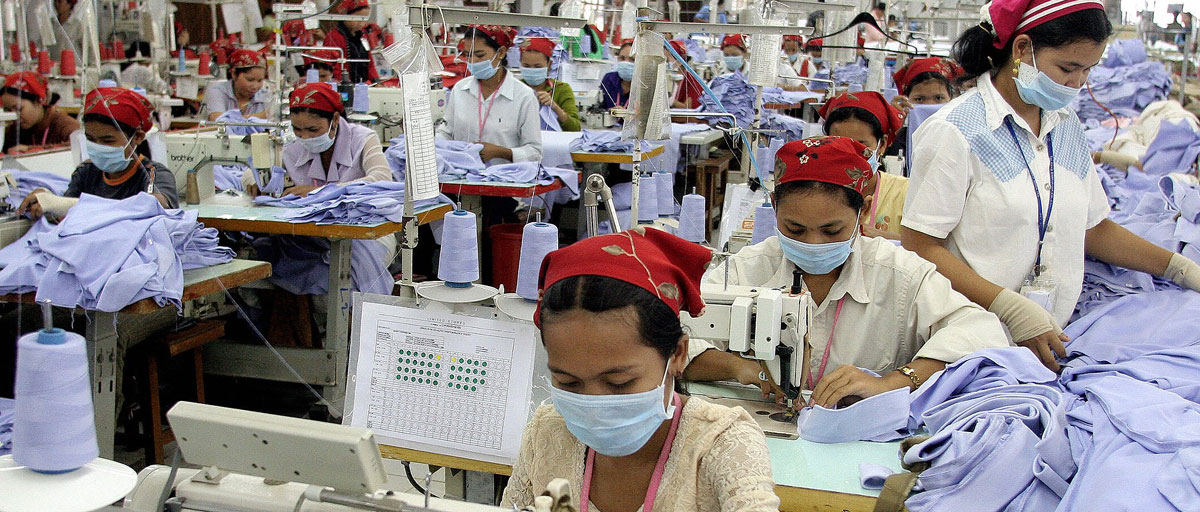Bildtext får vara max två rader text. Hela texten ska högerjusteras om den bara ska innehålla fotobyline! Photo: B. Christensen/Azote
FINANCIAL SYSTEMS
Can we avoid environmental pitfalls through a not-for-profit economy?
- For-profit economies inherently drive environmental degradation, inequality, market concentration and political capture inhibiting regulations to counteract these trends
- The post-growth strand of political ecology seeks sustainable ways to organize the economy that do not require economic growth
- A sustainable not-for-profit economy would need strong institutions that push for environmental justice, re-localization and democratic management of business
Environmental degradation is an inherent feature of the for-profit economy. What are the alternatives?
FROM FOR-PROFIT TO NOT-FOR-PROFIT: The environmental and social challenges and crises facing humanity today beg the question – how can the economy be organised in ways that allow for the fulfilment of every person's needs while also fitting within the ecological limits of the planet?
Researchers in the post-growth strand of political ecology seek to find sustainable ways of organizing the economy that do not require economic growth.
In an article published in Journal of Political Ecology centre PhD student Jennifer Hinton explores the idea that a transition to a post-growth economy requires a change in how businesses relate to profit.
High environmental cost
In the article Hinton argues that in an economy where profit is the main objective, consumerism, economic growth, inequality, and the tendency to destroy the natural environment are inherent features rather than anomalies or market failures.
Economic growth is often seen as the solution to poverty and inequality because it will provide more jobs. However, the growth rate of the economy needs to be exceptionally high in order to create enough jobs to counterbalance the inequality dynamics of the system. And that kind of economic growth comes at a very high environmental cost.
Jennifer Hinton, author
This, Hinton believes, is because profit-seeking requires and drives increasing production and consumption, at the cost of environmental degradation. Business owners accumulate wealth at the cost of wages, causing increased inequalities.
In this economy, profit-seeking investment favors large businesses, so the largest players attract the most investment. This puts pressure on businesses to grow, merge with, and acquire other businesses, leading to market concentration.
And the desire for financial gain, in a setting of inequality and market concentration, inhibits regulations and taxes that might otherwise reduce inequality and ecological damage.
Consumerism on different terms
An economy operating on not-for-profit conditions however would generate very different outcomes.
In such an economy, Hinton argues, the focus would instead lie on creating social benefits and there would be no private business owners to accumulate the surplus.
Without the pressure to deliver dividends, businesses would not have to push people to consume for the sake of increasing profit and would be able to respond to signals that consumerism is bad for people and planet.
That is not to say consumerism would not exist, but it would be on different terms, based on needs rather than wants, and striving to keep the planet healthy as well.
Podcast: Building back better: economic and financial decision-making after COVID-19
Hinton, J.B. 2020. ‘Fit for Purpose? Clarifying the Role of Profit for Sustainability’, Journal of Political Ecology, 27(1): 236- 262.
For more information about the study, please contact Jennifer Hinton










